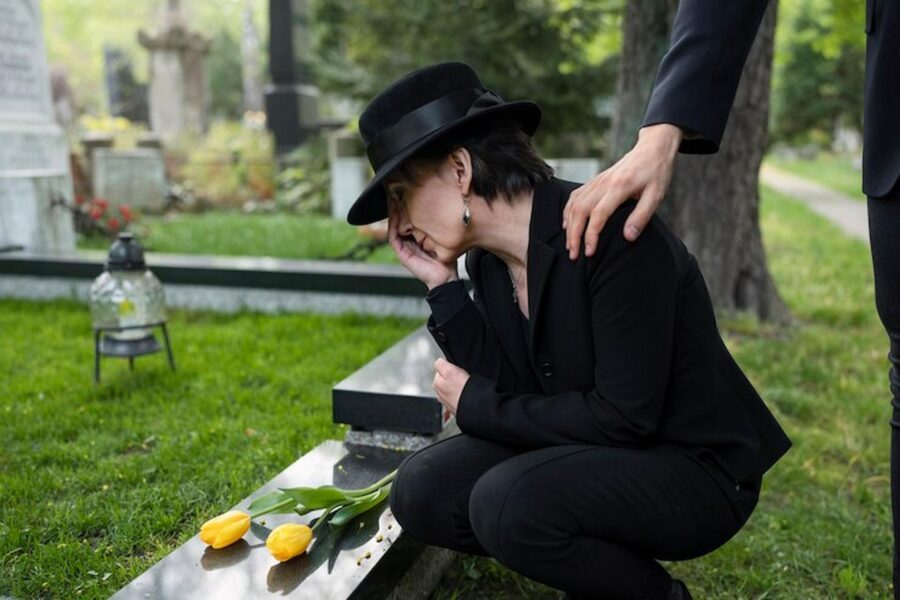In recent years, direct cremations have gained popularity as an alternative to traditional funeral services.
This simple, no-frills approach to cremation raises questions about its compatibility with various religious beliefs and cultural practices.
For funeral directors like Hunnaball, understanding the nuances of direct cremation across different faiths is crucial to serving a diverse clientele.
Christianity
Christianity, being a diverse religion, encompasses various denominations with differing views on cremation.
While some Christian denominations fully embrace cremation, others might view it with caution or prefer traditional burial.
Generally, direct cremation aligns with the core Christian belief in the resurrection of the body. However, it is essential for funeral directors to be aware of specific denominational preferences and consult with the deceased’s family to ensure a respectful service.
Judaism
Traditionally, Judaism has favoured burial over cremation due to the belief in bodily resurrection. Orthodox and Conservative Jewish communities typically adhere to burial customs.
However, Reform Judaism has shown greater flexibility, accepting cremation in some cases. Funeral directors working with Jewish families must approach the situation with sensitivity, recognising the diversity of beliefs within the Jewish community.
Islam
In Islam, cremation is generally prohibited. Islamic funeral customs dictate a swift burial, preferably within 24 hours of death.
Direct cremation contradicts these principles, making it incompatible with traditional Islamic practices.
Funeral directors working with Muslim families should prioritise timely burials and provide options that align with Islamic beliefs, such as simple caskets and expedited services.
Hinduism
Hinduism traditionally practices cremation, viewing it as a means to release the soul from the cycle of rebirth.
Direct cremation can align well with Hindu beliefs, emphasising simplicity and efficiency. However, funeral directors must be attuned to the cultural and religious rituals associated with Hindu cremations, such as the scattering of ashes in sacred rivers or locations.
Respect for these customs ensures a culturally sensitive service.
Buddhism
Buddhism, like Hinduism, often practices cremation as a means of spiritual transition. Direct cremation can be suitable for Buddhist families seeking a minimalist approach.
However, it is crucial for funeral directors to understand specific Buddhist customs, such as the handling of ashes and the inclusion of spiritual ceremonies. By offering flexibility within the Buddhist framework, funeral directors can provide meaningful services.
Sikhism
Sikhism generally encourages cremation, as it aligns with the belief in the transitory nature of the physical body. Direct cremation can be suitable for Sikh families seeking a straightforward and dignified process.
Funeral directors working with Sikh clients should be aware of cultural rituals, such as reading from the Guru Granth Sahib during cremation, and accommodate these practices to honour the deceased’s faith.
Direct cremation, with its emphasis on simplicity and efficiency, can be suitable for individuals from various religious backgrounds. However, understanding the nuances of each faith is crucial for funeral directors to provide respectful and accommodating services.
For Hunnaball, a commitment to cultural sensitivity and knowledge of diverse religious practices is essential to serving their community with empathy and respect during times of loss.
By navigating the complexities of direct cremation across different faiths, funeral directors can ensure that each service reflects the unique beliefs and traditions of the departed and their grieving loved ones.




